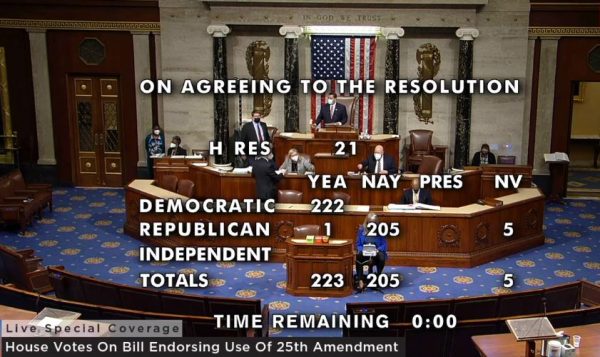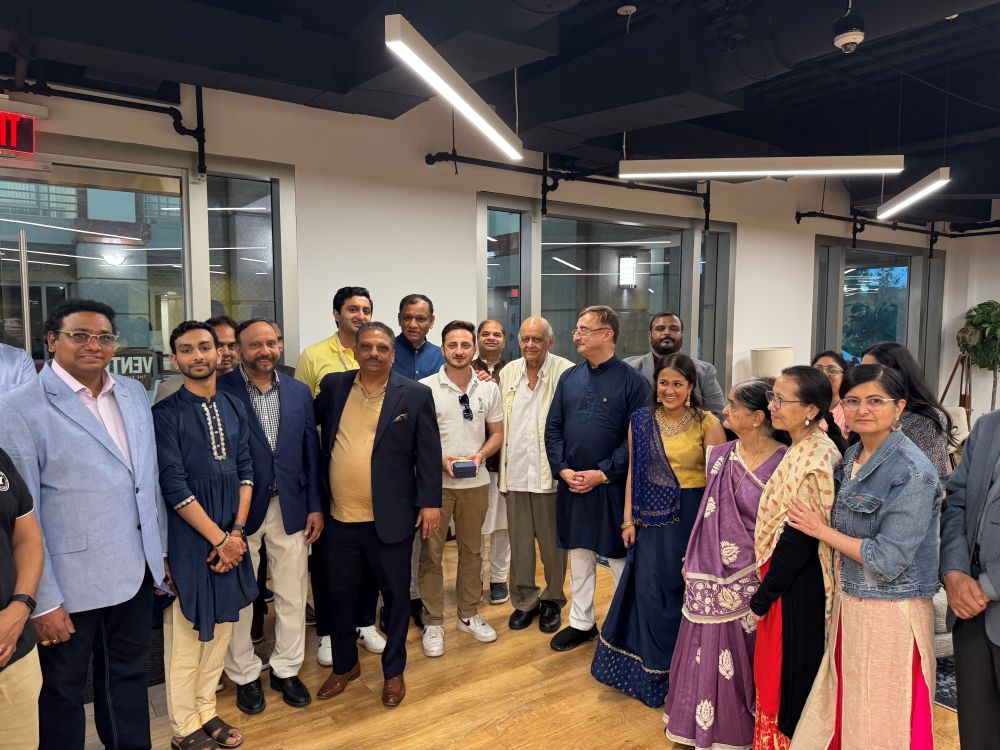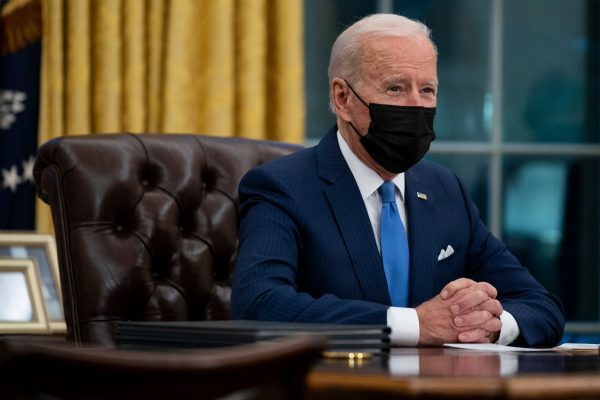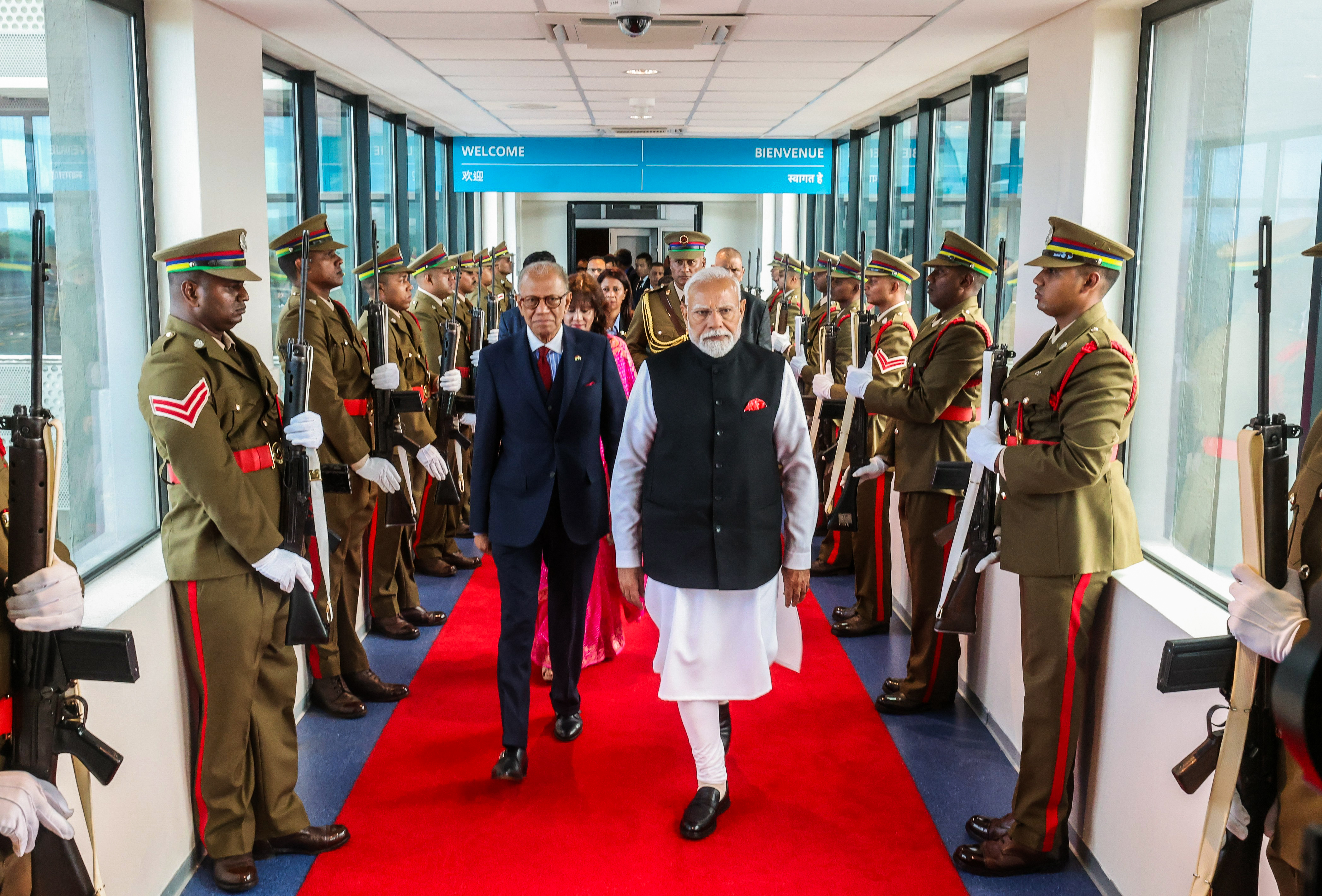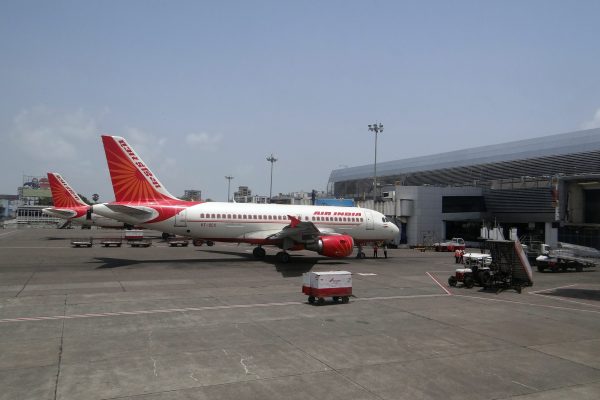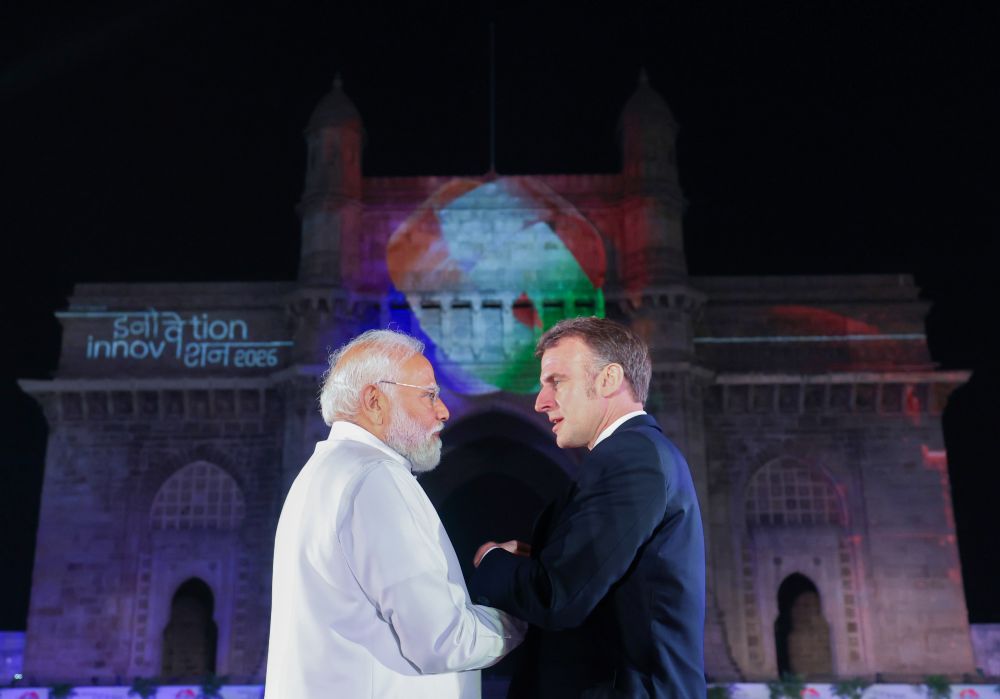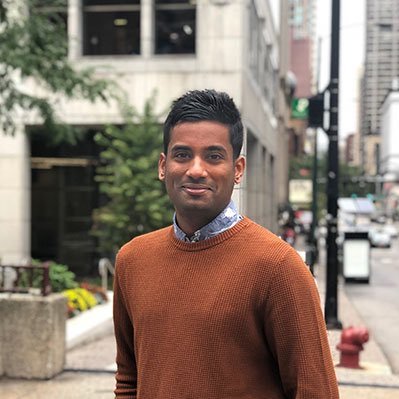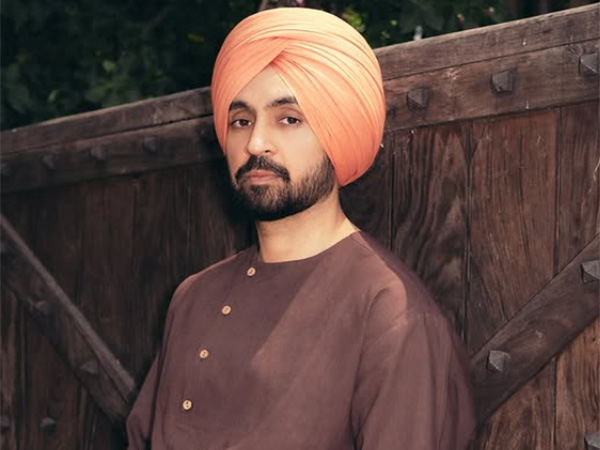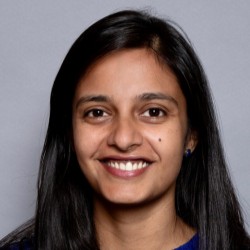Even as relations between New Delhi and Washington continue to grow, India makes it clear that any interference in its domestic affairs and foreign policy is not acceptable. How Modi 3.0 is redefining India’s position in the world
Our Bureau
New Delhi/New York, NY
Modi 3.0 is engaging with the world like never before. And it is engaging with other countries on its own terms – with India’s national interest at the heart of its global discourse. After assuming office for the third consecutive term, Prime Minister Narendra Modi has visited seven nations, including Russia and Ukraine and the US, where he participated in a Quad summit, met the Indian community and addressed a UN meeting.
After being sworn in for the third time as PM, he first participated in the G7 Leaders’ Outreach meeting in Italy at the invitation of Italian Prime Minister Giorgia Meloni in June. Earlier in July, PM Modi travelled to Russia at the invitation of Russian President Vladimir Putin to attend the 22nd India-Russia Annual Summit. PM Modi visited Poland and Ukraine in August.
During the first 100 days of his third term, PM Modi also visited Singapore and Brunei.
After assuming office, PM Modi hosted the 3rd Voice of Global South Summit (VOGSS), which was attended by 173 dignitaries. The dignitaries who attended the VOGSS included 21 Heads of State/Government, 34 Foreign Ministers & 118 Ministers/Vice Ministers – from 122 countries.
Modi’s visit to the US was hugely successful, with the Indian Prime Minister meeting President Joe Biden at the Quad summit and both the countries asserting their close strategic partnership.
After PM Modi’s visit to the US, External Affairs Minister S Jaishankar held a meeting with US National Security Advisor Jake Sullivan on Wednesday and discussed bilateral cooperation. In a post on X, Jaishankar stated, “A great meeting with NSA @JakeSullivan46. As always, a productive conversation on bilateral cooperation and good insights into global politics.”
Jaishankar also met Assistant to the US President and National Security Advisor to US Vice President, Phil Gordon.
Sharing details regarding his meeting with Gordon, Jaishankar in a post on X said, “Good to see @PhilGordon46 during my Washington visit. Appreciated the conversation on our bilateral ties and various global developments.”
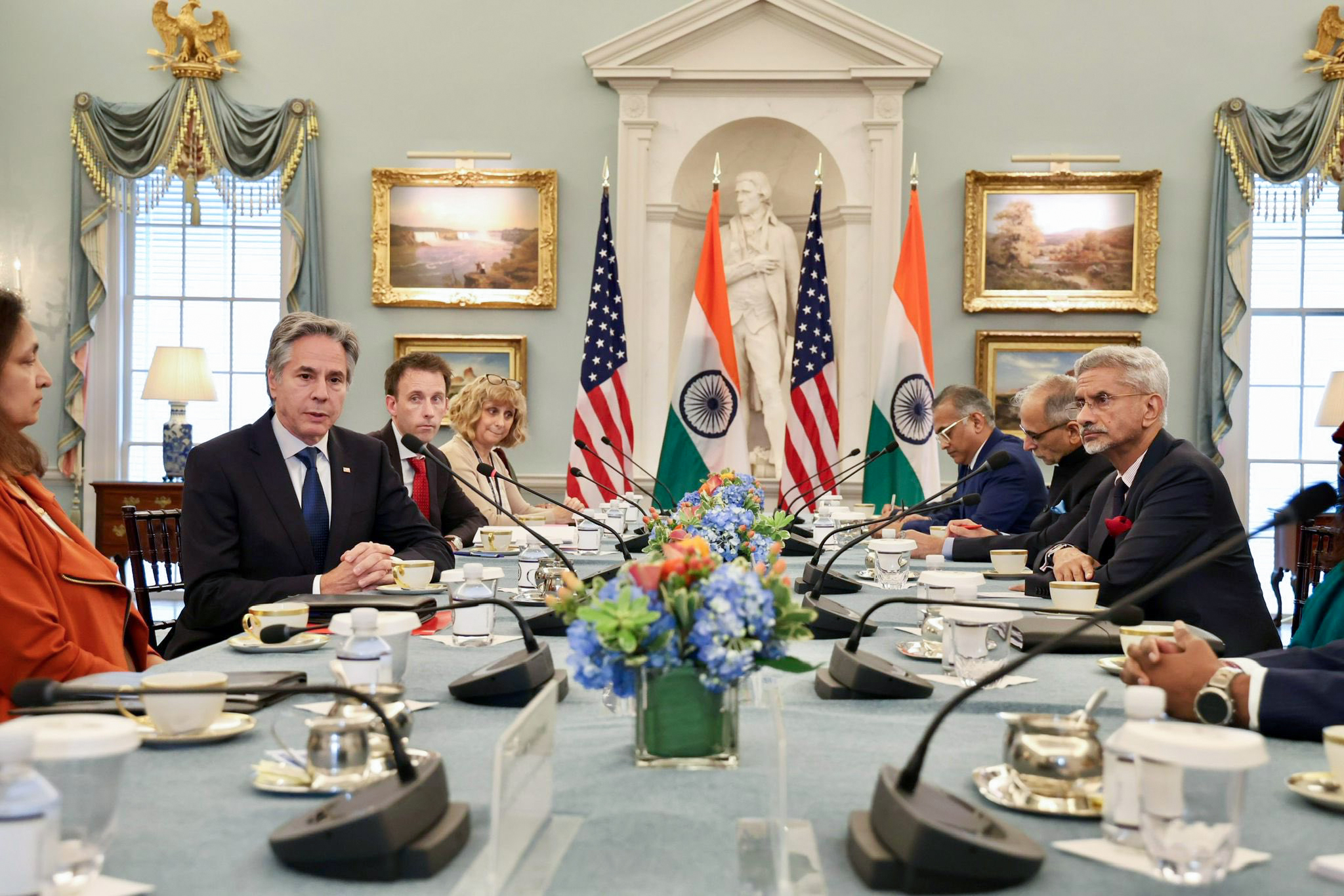
Gordon said that he and Jaishankar took stock of “important progress” made in the bilateral ties, including growing defense and technology cooperation.
On Tuesday, S Jaishankar held a meeting with US Secretary of State Antony Blinken in Washington, DC. Jaishankar said that they followed up on the Delaware bilateral and quad meetings.
“Delighted to hold talks with Antony Blinken today in Washington DC. We followed up on the Delaware bilateral and Quad meetings. Our discussions also covered deepening bilateral cooperation, situation in West Asia, recent developments in the Indian subcontinent, the Indo-Pacific and Ukraine,” Jaishankar posted on X.
Even as India and US continue to develop close ties, New Delhi has made clear that certain things are not acceptable, especially any interference in domestic affairs and India’s independent foreign policy.
During his US trip, S Jaishankar highlighted the need for mutual respect and boundaries in international diplomacy, particularly between democracies, during a recent discussion on India-US relations at the Carnegie Endowment office in Washington, DC.
During his fireside chat with Carnegie’s President Mariano-Florentino (Tino) Cuellar on Tuesday, when asked about US leaders commenting on India’s democracy, Jaishankar stated, “And my personal view, which I have shared with many counterparts, is, look, you have every right to comment. But I have every right to comment on your comment. So don’t feel bad when I do.”
Further, Jaishankar acknowledged the globalized nature of politics, where countries’ internal issues can have international implications. “The world is very globalized,” he noted. “As a result, the politics of any country doesn’t necessarily stay within the national boundaries of the country, adding that “Now, the United States, of course, makes a special effort to ensure it doesn’t. That’s part of how you’ve conducted your foreign policy over many years.”
Jaishankar’s comments come amid ongoing discussions on the US-India relationship. He emphasized that foreign interference is a critical concern and stated, foreign interference is foreign interference.
“But if you look at a state-to-state, government-to-government level, we think it’s important that democracies are mutually respectful. It cannot be that one democracy has a right to comment on another, and that’s part about promoting democracy globally,” he said.
Jaishankar’s visit to Washington comes on the heels of last week’s Quad Summit and a spate of high-level meetings coinciding with the United Nations General Assembly in New York.
Jaishankar also made it clear that India has never actively targeted the dollar and that’s not part of its economic, political or strategic policy, but some of the American policies make it difficult for New Delhi to do business with its partners. Jaishankar was responding to a question on de-dollarization at Carnegie Endowment for International Peace.
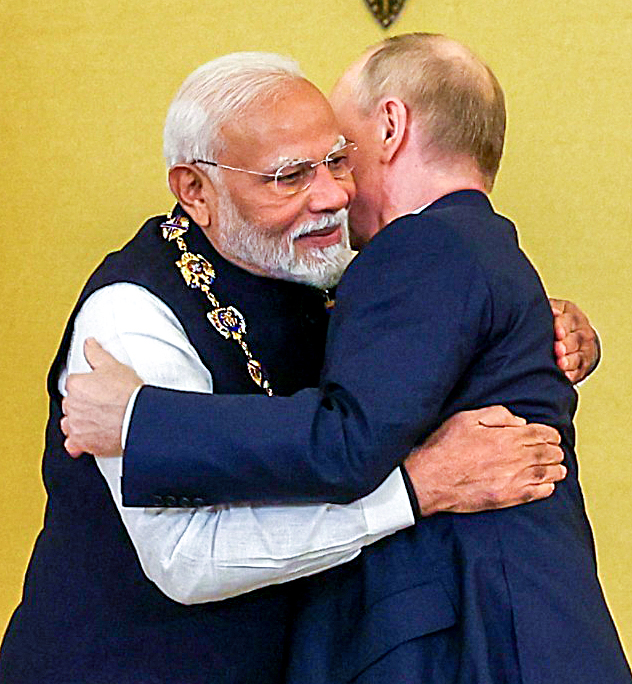
In another development on Thursday, the Ministry of External Affairs has rubbished the United States Commission on International Religious Freedom’s (USCIRF) report on religious freedom in India, terming it “malicious,” which discredits the organization further. It further called USCIRF a “biassed organization” with a political agenda, which continues to misrepresent facts and peddles a “motivated narrative” about India.
“Our views on the United States Commission on International Religious Freedom (USCIRF) are well known. It is a biased organization with a political agenda. It continues to misrepresent facts and peddles a motivated narrative about India. We reject this malicious report, which only serves to discredit USCIRF further,” MEA spokesperson Randhir Jaiswal said in a statement on Thursday.
The MEA also urged USCIRF to desist from such “agenda driven efforts” and utilize time more productively on addressing human rights issues in the US. “We would urge USCIRF to desist from such agenda driven efforts. The USCIRF would also be well advised to utilize its time more productively on addressing human rights issues in the United States,” the statement added.
Another contentious issue between India and US has been the war in Ukraine as India has continued to have friendly and business relations with Russia.
As the US pressures India on these issues, the External Affairs Minister opened up on India’s position and said that New Delhi is playing its role in the resolution of the conflict by assisting in communication between the two sides. The Foreign Minister, referring to Prime Minister Narendra Modi’s recent visits, emphasized that there are not many leaders who can visit both Russia and Ukraine and hold talks with their leaders. PM Modi visited Russia in July and Ukraine in August this year.
Notably, India has maintained a firm position in the Russia-Ukraine conflict. New Delhi has emphasized the need for sincere and practical engagement between all stakeholders to develop innovative solutions that will have broad acceptability and contribute towards the early restoration of peace in the Ukraine conflict that started in February 2022.
Even US Secretary of State Anthony Blinken noted Prime Minister Narendra Modi’s August visit to Kyiv and reiterated the importance of a just and lasting peace for Ukraine.
As India emerges as a major global player, it is choosing a path of its own without taking sides and refusing to come under pressure from any other power.
India engages with new Sri Lanka President; Jaishankar to attend SCO meeting in Islamabad
External Affairs Minister S Jaishankar called on Sri Lankan President Anura Kumara Dissanayake in Colombo on Friday. The two leaders discussed ways to deepen cooperation and strengthen bilateral ties to benefit the people of India and Sri Lanka. During the meeting, Jaishankar conveyed warm greetings of Prime Minister Narendra Modi and President Droupadi Murmu to Anura Kumara Dissanayake.
In a post on X, Jaishankar stated, “Honored to call on President @anuradisanayake today in Colombo. Conveyed warm greetings of President Droupadi Murmu and PM @narendramodi. Appreciate his warm sentiments and guidance for the India-Sri Lanka relations. Discussed ways to deepen ongoing cooperation and strengthen India-Sri Lanka ties for the benefit of people of two countries and the region.”
After arrival in Colombo, Jaishankar held a bilateral meeting with Sri Lankan counterpart Vijitha Herath, where both leaders discussed a range of matters of mutual interest.
During the meeting, Jaishankar conveyed India’s continued support for Sri Lanka’s economic rebuilding, emphasizing the importance of their bilateral partnership.
Also, the Ministry of External Affairs on Friday said that External Affairs Minister S Jaishankar will be travelling to Pakistan to attend the Shanghai Cooperation Organization (SCO) summit scheduled to take place in October.
On being asked about India’s participation in the upcoming SCO Summit, the MEA Spokesperson Randhir Jaiswal said, “EAM Jaishankar will lead a delegation to Pakistan to participate in the SCO summit which will be held in Islamabad on October 15-16…”
Earlier in August, India received an invitation from Pakistan for the SCO Council of Heads of Government (CHG) in-person meeting. Earlier in May 2023, Pakistan Foreign Minister Billawal Bhutto Zardari had visited India for the SCO meeting in Goa. This was the first visit by a Foreign Minister of Pakistan to India in six years.

















